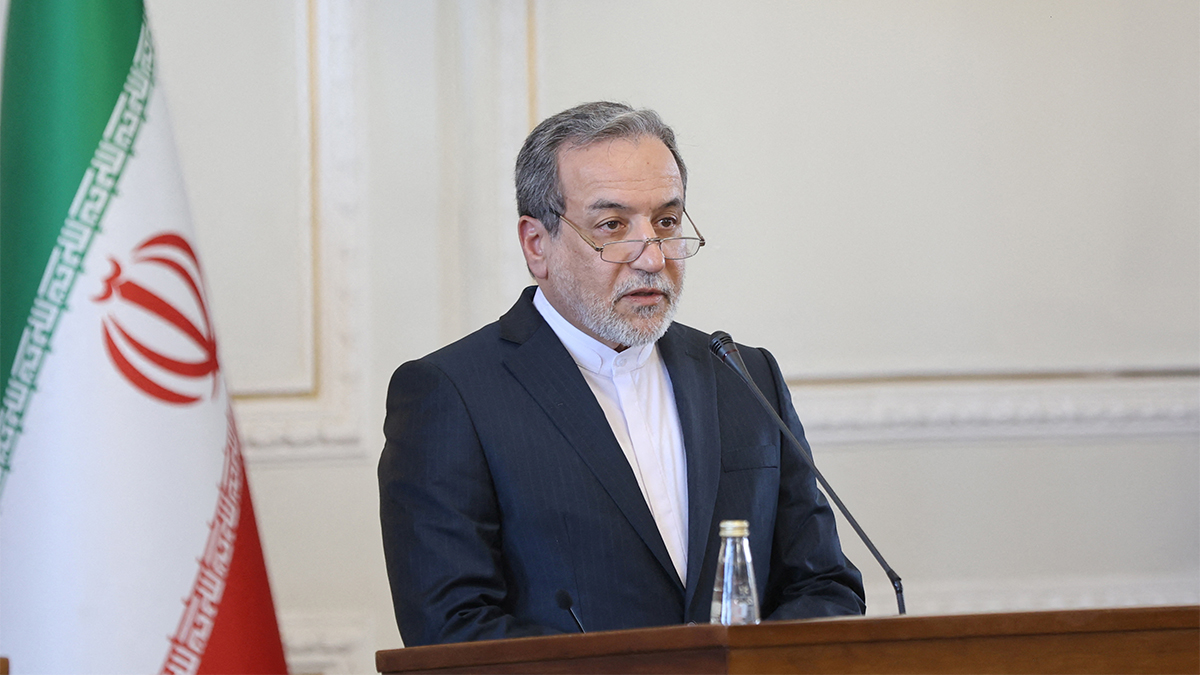Iran has rejected the prospect of direct negotiations with the United States, calling the notion “meaningless” in light of persistent military threats and mixed signals from Washington.
On Sunday (April 6), Iranian Foreign Minister Abbas Araghchi said Tehran remained open to diplomacy, but would only consider indirect talks. His remarks followed renewed calls by US President Donald Trump for face-to-face discussions on Iran’s nuclear programme– an offer accompanied by warnings that the US could bomb Iran if talks fail.
“Direct negotiations would be meaningless with a party that constantly threatens to resort to force in violation of the UN Charter and that expresses contradictory positions from its various officials,” Araghchi said in a statement issued by Iran’s foreign ministry.
The foreign minister added that while Iran continues to support diplomatic engagement, it is “prepared for all possible or probable events,” and will defend its “national interests and sovereignty" with equal seriousness.
Trump, speaking on Thursday, had said direct talks would be more efficient. “I think it goes faster and you understand the other side a lot better than if you go through intermediaries,” he said.
Scepticism and sabre-rattling
Iranian President Masoud Pezeshkian echoed Araghchi’s cautious tone, stating that his government was open to dialogue with the United States — but only “on equal footing”.
“If you want negotiations, then what is the point of threatening?” Pezeshkian asked in comments that cast doubt on Washington’s intentions.
The renewed diplomatic wrangling comes amid a fresh wave of military rhetoric from both sides. On Saturday (April 5), Hossein Salami, head of the powerful Islamic Revolutionary Guard Corps, declared Iran was “ready” for conflict. “We are not worried about war at all,” he said. “We will not be the initiators of war, but we are ready for any war.”
Impact Shorts
More ShortsThe threat of open conflict is entangled with the long-standing standoff over Iran’s nuclear programme, which the West, led by the US, accuses of being a front for nuclear weapons development. Tehran has consistently denied the allegation, insisting its nuclear activities are purely civilian in nature.
JCPOA unravelling
In 2015, Iran signed the landmark Joint Comprehensive Plan of Action (JCPOA) with the five permanent members of the UN Security Council– the US, UK, France, China, and Russia– plus Germany. The agreement promised sanctions relief in return for verifiable curbs on Iran’s nuclear work.
However, the pact began to unravel after Trump unilaterally withdrew the US from the deal in 2018 and reinstated sweeping sanctions. In response, Iran progressively reduced its compliance with JCPOA restrictions and stepped up uranium enrichment.
On Monday, Ali Larijani, a senior adviser to Iran’s supreme leader Ayatollah Ali Khamenei, warned that while Iran was not seeking nuclear weapons, it might be forced to reconsider if attacked. “We would have no choice but to do so,” he said.
As the Biden administration weighs its next move, the possibility of reviving the JCPOA remains distant. For now, both Washington and Tehran appear locked in a tense stand-off, with threats and counter-threats doing little to narrow the diplomatic gulf.


)

)
)
)
)
)
)
)
)



